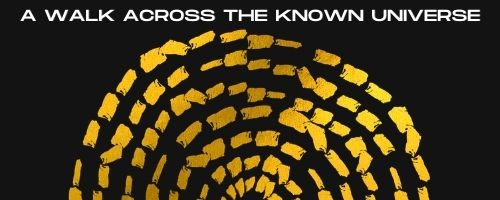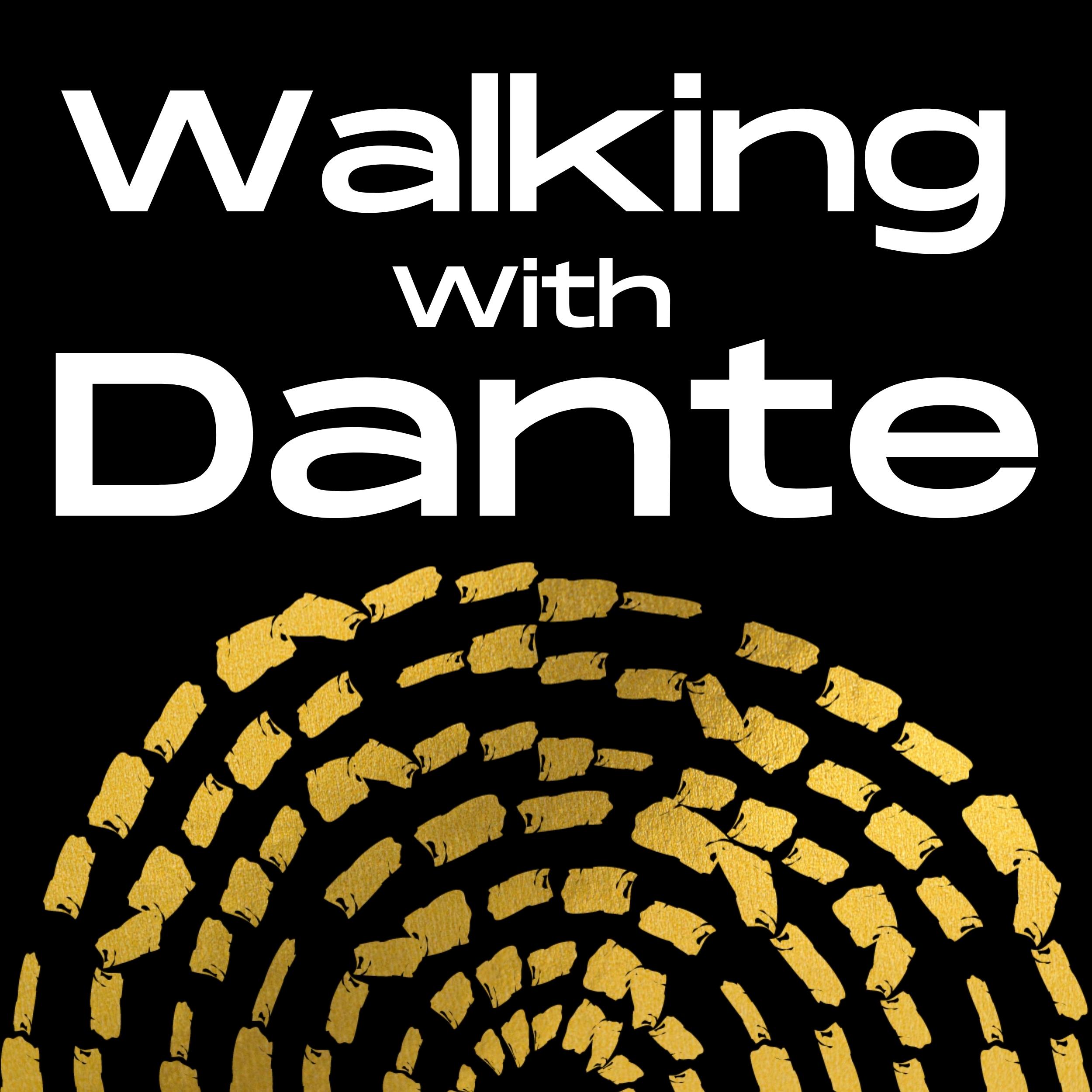Episode 58
The Greatest Sin Isn't Pride--It's Fraud: Inferno, Canto XI, Lines 52 - 66
We've clearly left the seven deadly sins behind. We got through lust, gluttony, avarice, and wrath--and then dumped sloth, envy, and pride in favor of heresy, violence, and two types of fraud.
Join me, Mark Scarbrough, as we explore the last of Virgil's lesson in Canto XI of INFERNO, outlining the map of hell. At the bottom of the pit, at the very center of the universe, lie those who have committed fraud: the sin that violates both the bond of love that nature is supposed to give every human for another and the special bond of trust that develops between two people.
There's so much in this short passage: Virgil's changing character, the nature of the body politic and sin, Dante-the-poet's conception of civic life. Like much of COMEDY, it packs a punch in very few lines.
Here's an outline of this episode:
[01:11] I go back and read all of Virgil's map of hell, from Canto XI, Line 16, all the way up through the end of this passage at line 66. If you'd like to see my English translation of this passage, head out to my website markscarbrough.com and click the "Walking With Dante" header tag.
[04:40] Virgil has become a scholastic theologian. This may be the most shocking thing in all of Canto XI: the changing nature of Virgil's character. What can we make of these changes? And which Virgil are we encountering at any given moment?
[09:12] I work through this specific passage, lines 52 through 66 in Canto XI. I'll give you some insights into the nature of the two sins of fraud--what's sometimes called "simple fraud" and "complex fraud" or "treachery"--and offer some examples of what's ahead in the poem.
[19:12] Perhaps the most telling thing about INFERNO is that it ceases to be a theological poem and becomes a political one after we pass through the gates of Dis. Oh, of course, the theology is ALWAYS there. But the questions of civil life and civic virtues will now begin to dominate the rest of this canticle.


